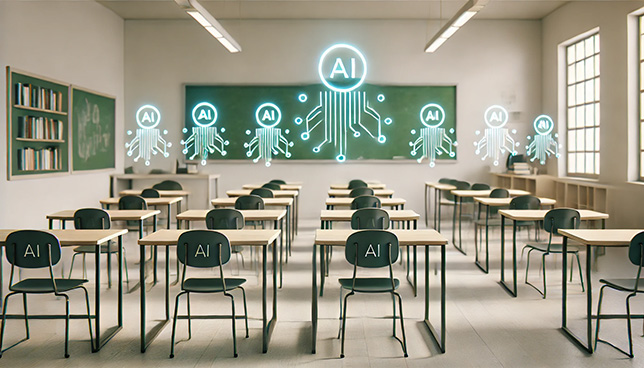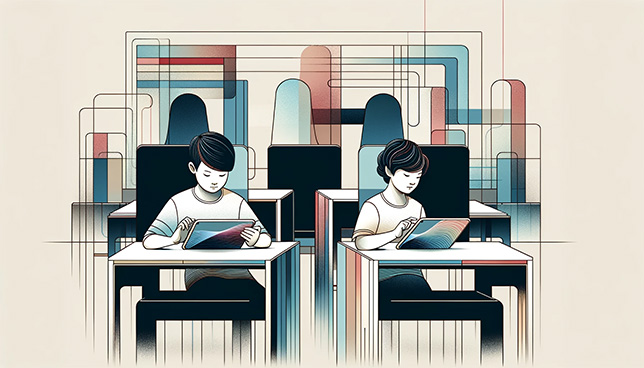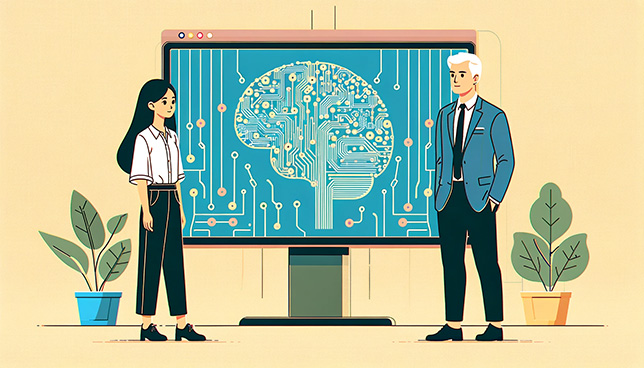Human error is still one of the biggest threats to cloud security, despite all the technology bells and whistles and alerts and services out there, from multi-factor authentication, to social engineering training, to enterprise-wide integrated cybersecurity platforms, and more.
A new study from the University of Illinois Urbana-Champaign (UIUC) found that large language model agents can autonomously exploit real-world cybersecurity vulnerabilities, raising critical concerns about the widespread deployment and security of these advanced AI systems.

Half of educators in a recent survey said that AI usage among students and teachers has increased since the fall of this school year.
Generation Z students (those born after 1997) have a number of concerns about artificial intelligence, according to a new survey conducted by the National Society of High School Scholars (NSHS).
Organizations are vulnerable to substantial data loss and negative business impact from a ransomware attack, according to a recent Veeam Software survey.

In a February 2024 National Center for Education Statistics (NCES) School Pulse Panel survey, school leaders had major concerns about students meeting academic standards; student and teacher/staff mental health; staffing shortages; and testing/assessments.
School administration software company Frontline Education's Research and Learning Institute has released its first "K–12 Lens: A Survey Report from Frontline Education" on current and emerging trends impacting school districts across the U.S.

K–12 student reading platform Sora, a division of educational digital content provider OverDrive, has released its first report, "The State of K–12 Digital Reading," showing that student reading had increased exponentially during the 2022-23 school year over previous years.

The nonprofit Center for Democracy & Technology (CDT) has released a study indicating that, while more teachers and students are using generative AI in their schoolwork during the 2023-24 school year as compared to the prior year, few teachers are receiving guidance on how to deal with perceived or actual irresponsible and unethical AI student use, leading to troubling disciplinary action against protected student classes.

The nonprofit AI Education Project (aiEDU) recently released a Pulse Survey Report finding that educators "feel a mix of curiosity and apprehension about integrating artificial intelligence (AI) into the classroom." And while educators surveyed believe AI should be part of the curriculum, most haven't used it or been trained to use it.